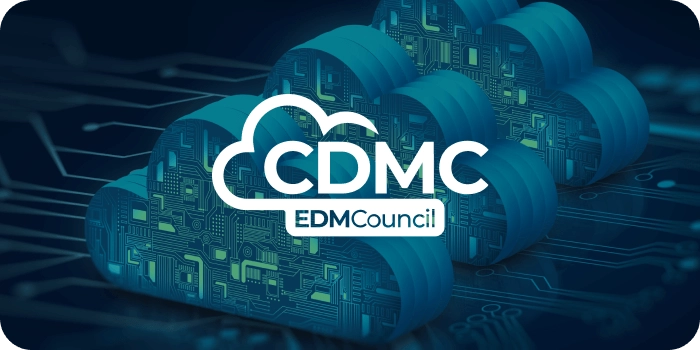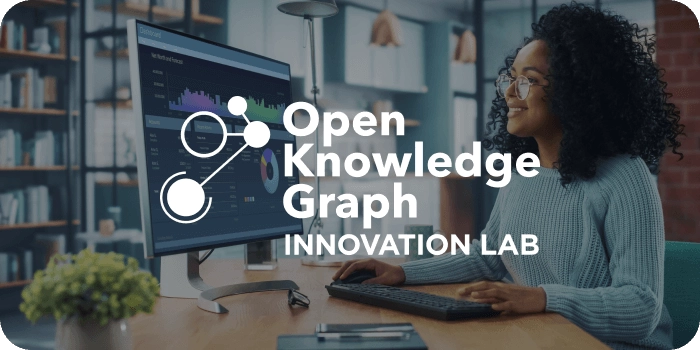By Robert Wentz, Sr. Advisor Product Management, EDM Council
Published on TDAN.com
As autumn settles here in the northern hemisphere, with October baseball underway, the first frost arriving, and the holiday season on the horizon, it’s a time I look forward to. The exhilarating rivalries of college football remind me of my days as a student where nothing quite compared to being among 100,000+ fans cheering passionately for our team.
Earlier this year, I met Tony Mazzarella, a fellow data enthusiast (we’re all data geeks!), data professional, and PhD candidate at the University of Arkansas Little Rock (UALR). Tony presented a research proposal to the EDM Council aimed at merging academic theories with real-world industry practices to enhance our understanding of best practices in the dynamic field of data management. His proposal resonated with my own experiences as an MBA student when I applied academic theories to my real-world corporate experiences for a final project.
Over the past few months, the EDM Council’s Product Management Team has collaborated with Tony on a joint research project that unites academia and industry. This initiative will utilize the EDM Council’s 2023 Global Data Management Benchmark Report, alongside a specially crafted survey titled “Towards Resilient Data Management: Practitioner Perspectives on the Current State of Data Governance.” We invite the data management and business community from all industries to participate in this first-of-its-kind study that will benefit all. Take the survey before Sunday, December 1, 2024…
Read the full article on TDAN.com


